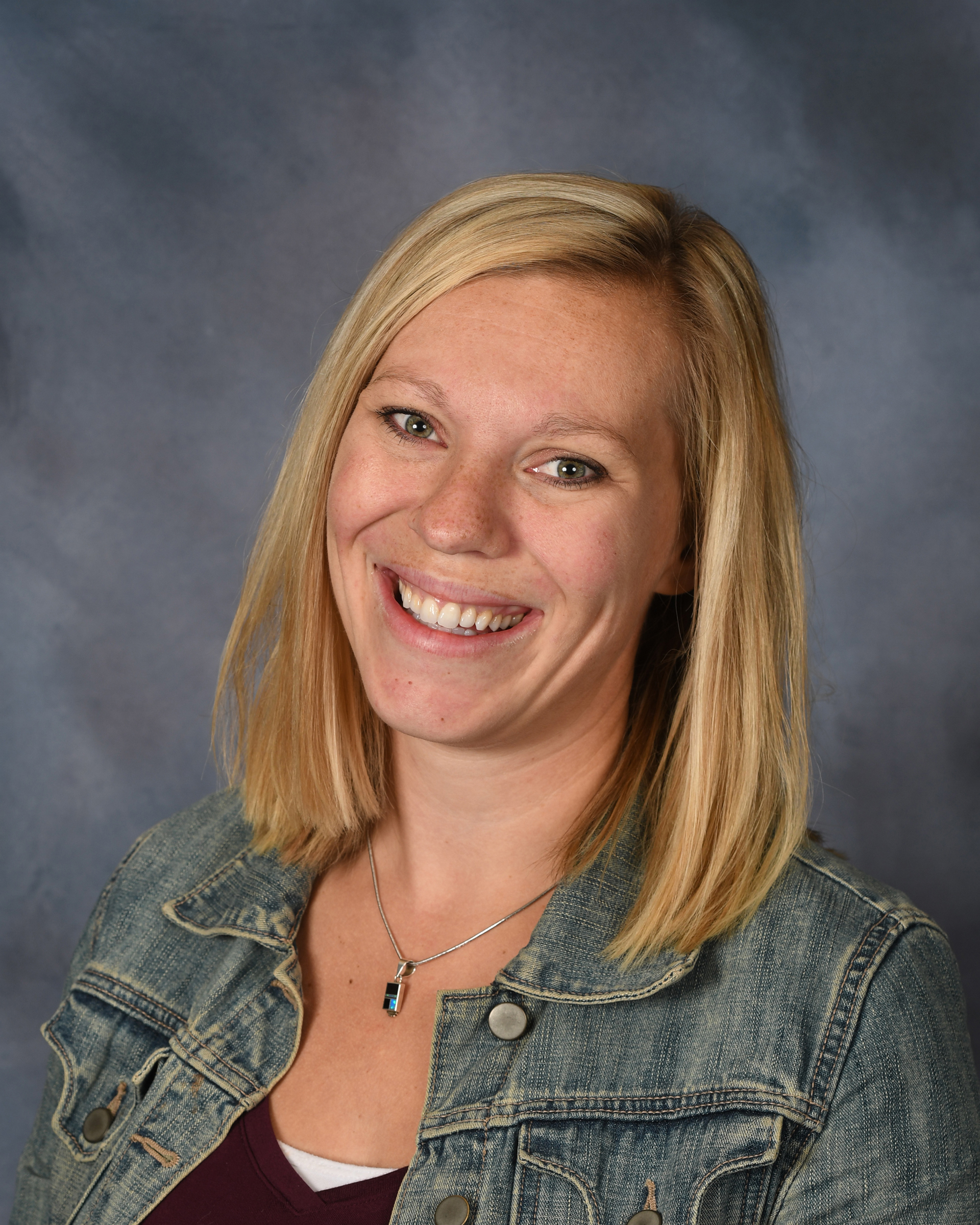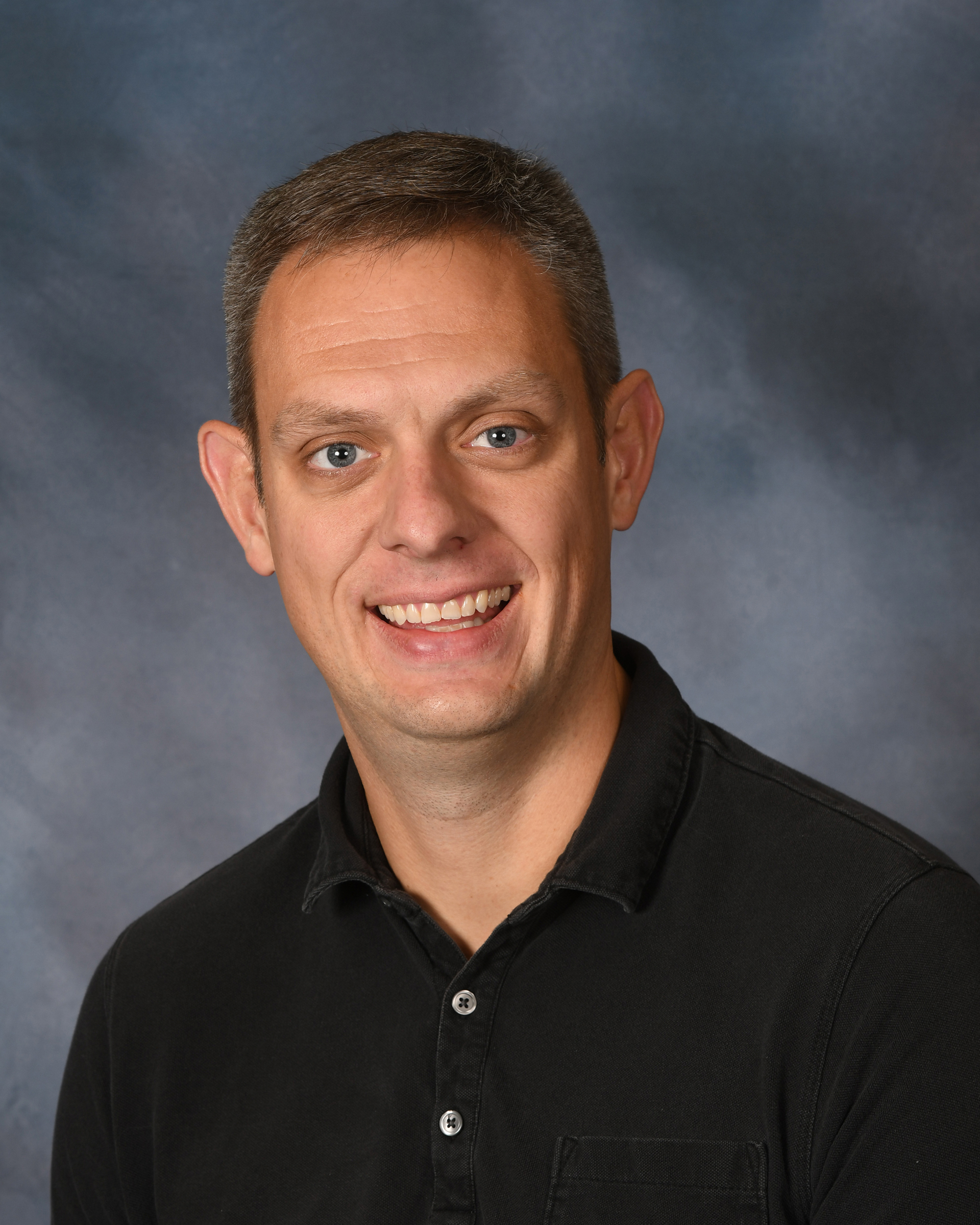Bible
The majority of our learning is through the stories of the Old Testament. To start the year, the Bible comes to life as we identify Old Testament themes, covenants, and prophets. Then, we take time to learn about wisdom through the books of Job, Proverbs, and Ecclesiastes. In addition, we finish with the topic of prayer by looking at how Jesus taught us to pray and how prayer can strengthen our faith.
Language Arts
God has blessed us with the amazing ability to communicate with either spoken or written language. In 7th grade, students continue to grow as readers, writers, speakers and listeners. Students have the opportunity to explore literature in both whole class and small group settings. Our novel studies focus on the following themes: perseverance, friendship and family. We implement Common Core grammar concepts into our daily writing. Within our writing, students focus on varying sentence structures and creating strong topic sentences. They also practice their speech and language skills through presentations and informational speeches.
Math
The Big Ideas curriculum develops the understanding of and critical thinking about various math concepts. Using common core standards, we study geometry; operations with integers; properties of similar shapes; ratios and proportions; linear relationships and linear equations; and pre-algebra. We discuss the awesomeness of our Great God as seen in the order, patterns, and creativity of various mathematical concepts!
Science
Students focus on their Creator in our studies of science. We discover how God works through topics like gravity, genetics, cells, diversity, and energy. So many of our discoveries lead us to understanding the complexities of God’s creation and the power that He possesses.
Social Studies
We study World History starting with the earliest civilizations through the Roman Empire. The students learn World History by looking for common themes throughout the development of human civilization. They also analyze many primary sources to learn about these civilizations. World History allows students to see how God has worked through humanity from the very start. Also, the study of current events helps us see where these themes of World History and our Christian faith calls us to fit in God’s plan today!
Art
The purpose is to joyfully express individuality, foster critical thinking, and build confidence through the application of fine art media. Students keep a weekly art sketchbook with warm-ups for techniques like blending and pressure control, as well as preliminary thumbnail sketches. We deepen our knowledge of the color wheel to identify and use analogous, complementary, and monochromatic color. In 2D and 3D works of art, we use the elements of art and the principles of design while focusing on line variations, including directionality, width, and implied line, to create contrasting qualities in a composition. We learn skills to create the illusion of depth in 2D works of art using overlapping, atmospheric perspective, diminishing size and detail and object placement in the picture plane. Students create contour line drawings that demonstrate perceptual skill and use two-point perspective in a drawing. Key historical and cultural contexts include exploring various art careers and the methods of preparing for them. We identify styles and themes in contemporary and historical works, describe personal responses to the visual qualities of a work of art, and investigate the purposes of specific works of art.
Music
- Concert Band continues thorough training in performance and technique development in a rotating use of technique books for this two-year group. The performance literature (level 2 to 3) develops further musical maturity.
- Jazz Band offers students the opportunity to explore a rich and uniquely American genre. Students play a wide range of styles from the blues to Latin jazz. In addition, the groups practice the fundamentals of improvisation, integrating this elemental aspect of jazz performance in our concerts.
- Concert Choir is a mixed-voice (SAB, SATB) choir which further develops students’ choral technique and ability to independently sight-read. Concert Choir consistently receives Excellent (I) ratings at Choir Festival.
- Honors Choir, an auditioned group, offers the opportunity for choral students to perform more advanced music in a small-group setting. In addition to receiving high marks for their festival performances at the district and state levels, the Honors Choir has been selected to perform at the prestigious Michigan Music Conference on three occasions (2002, 2007, 2013).
- Praise Team is an extracurricular, auditioned group that rehearses before school to lead worship at weekly chapels. This group is open to singers and instrumentalists (guitars, bass, piano, and drums).
Physical Education
Students participate in full game-related units in PE. We play many of the traditional “varsity sports” but also include invasion games (capture the flag, ultimate frisbee, team handball, speedball), and net and wall games (pickleball, badminton, table tennis, eclipse ball). Many of these games overlap in strategies and the types of rules associated in gameplay. We also take quizzes to test their knowledge on certain rules or strategies in addition to them being assessed in their physical skill and sportsmanship. By performing in a variety of sports and games, we hope to create an enjoyment for movement and skills that will make our students competent to be life-long physically active individuals.
Spanish
We start with reviewing the difference between two Spanish verbs that both mean “to be:” ser and estar. We then transition into asking questions in Spanish. We talk about ordering and requesting food, asking when events will happen, and we create a café skit in groups. We also learn about the celebration of a quinceañera -- a traditional Hispanic holiday celebrating a girl becoming a woman when she turns fifteen. The next unit is very verb heavy. We discuss the difference between -AR, -ER, and -IR. We use these verbs in order to discuss plans, sequence events, and talk about places and people we know. In our final unit, we learn how to extend invitations, talk on the phone, express feelings, say where you are coming from, and say what just happened. We discuss different emotions and feelings using the verb “estar” and review how gender takes a role in how emotions are written and/or said in Spanish.


